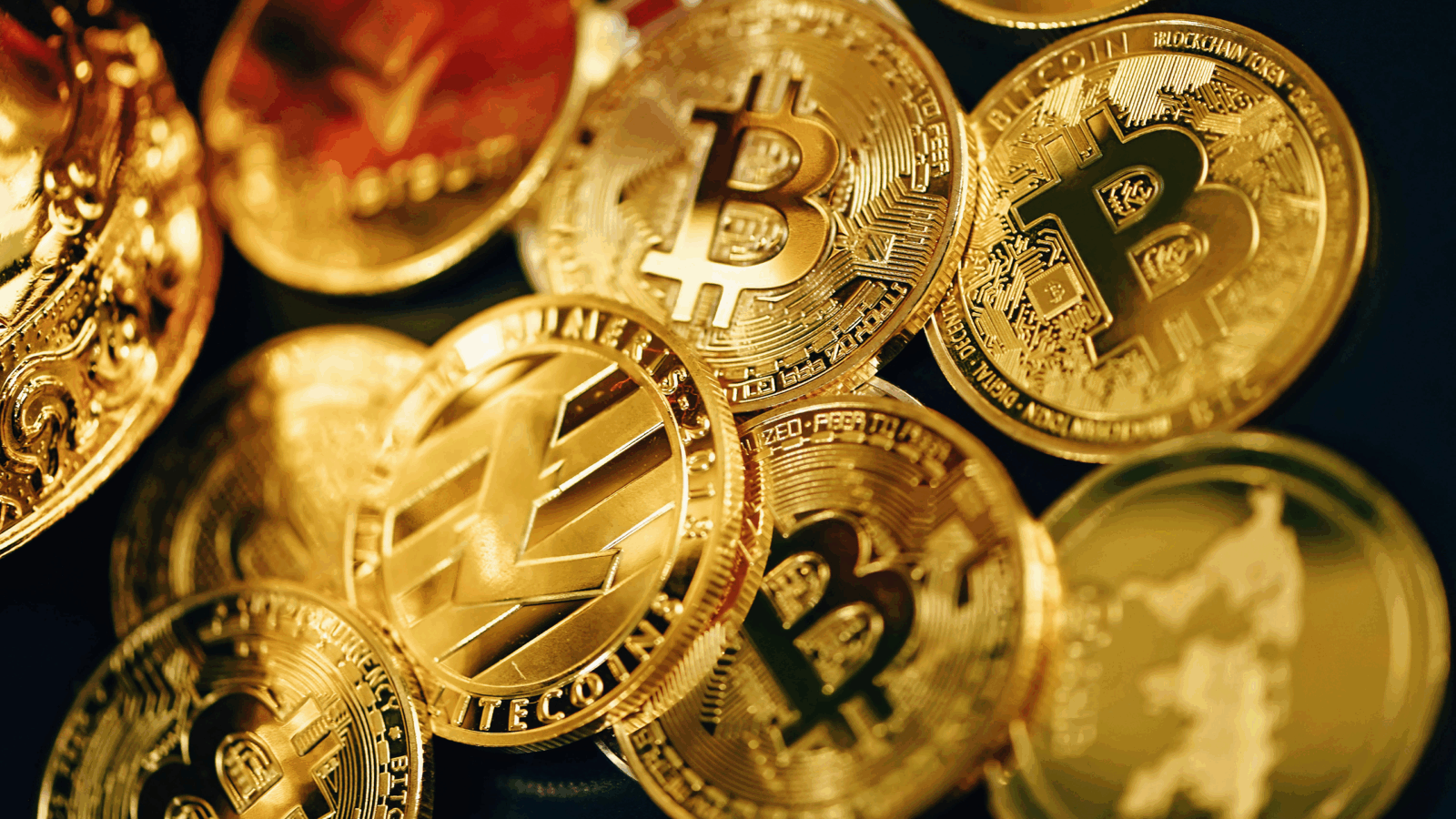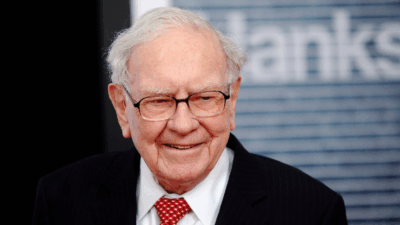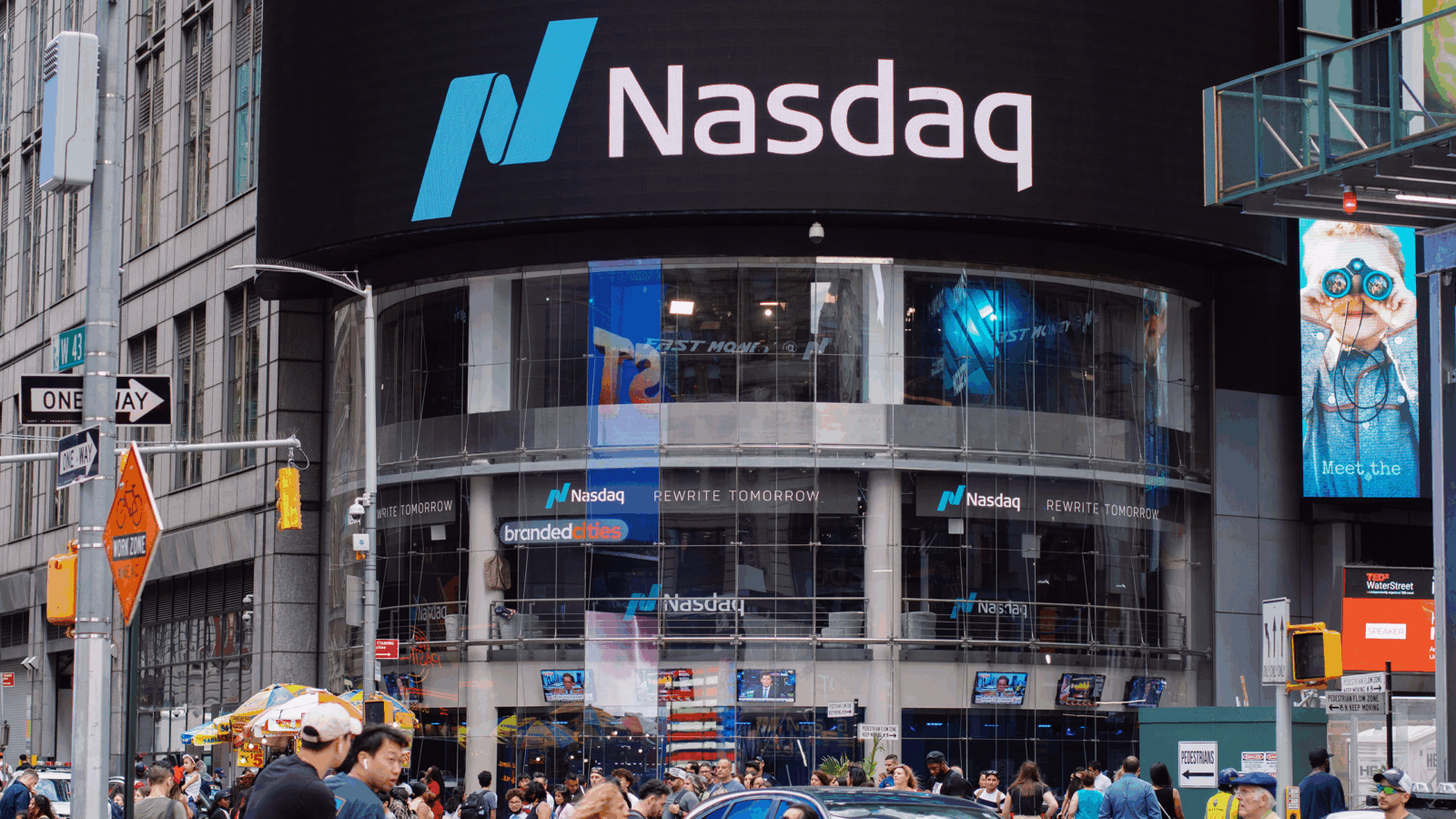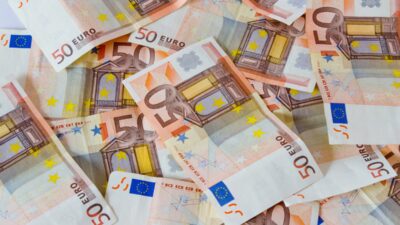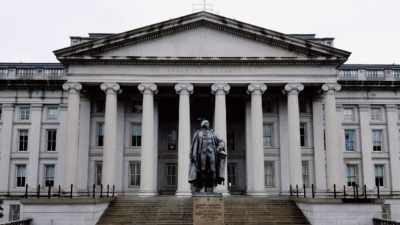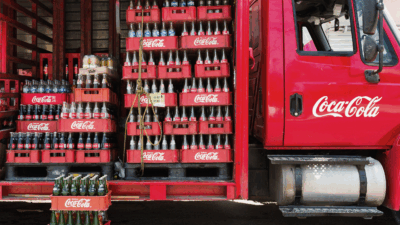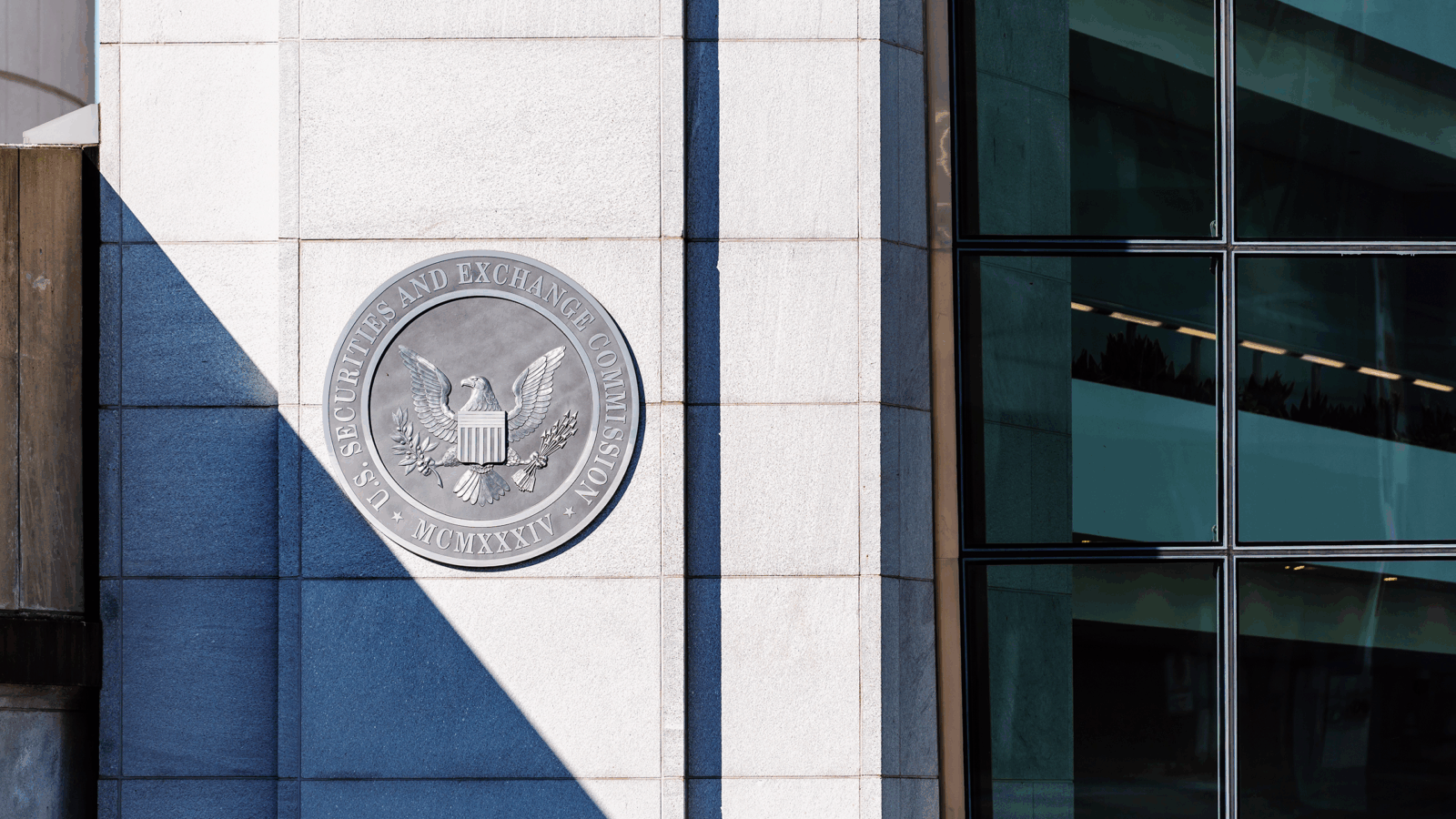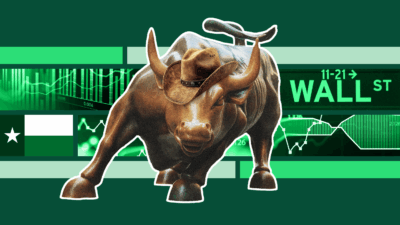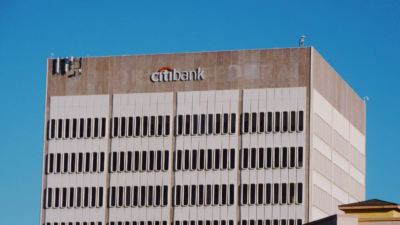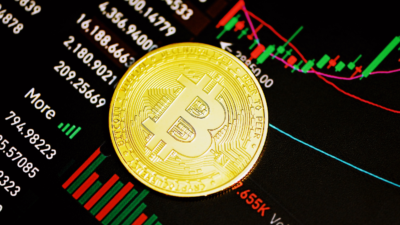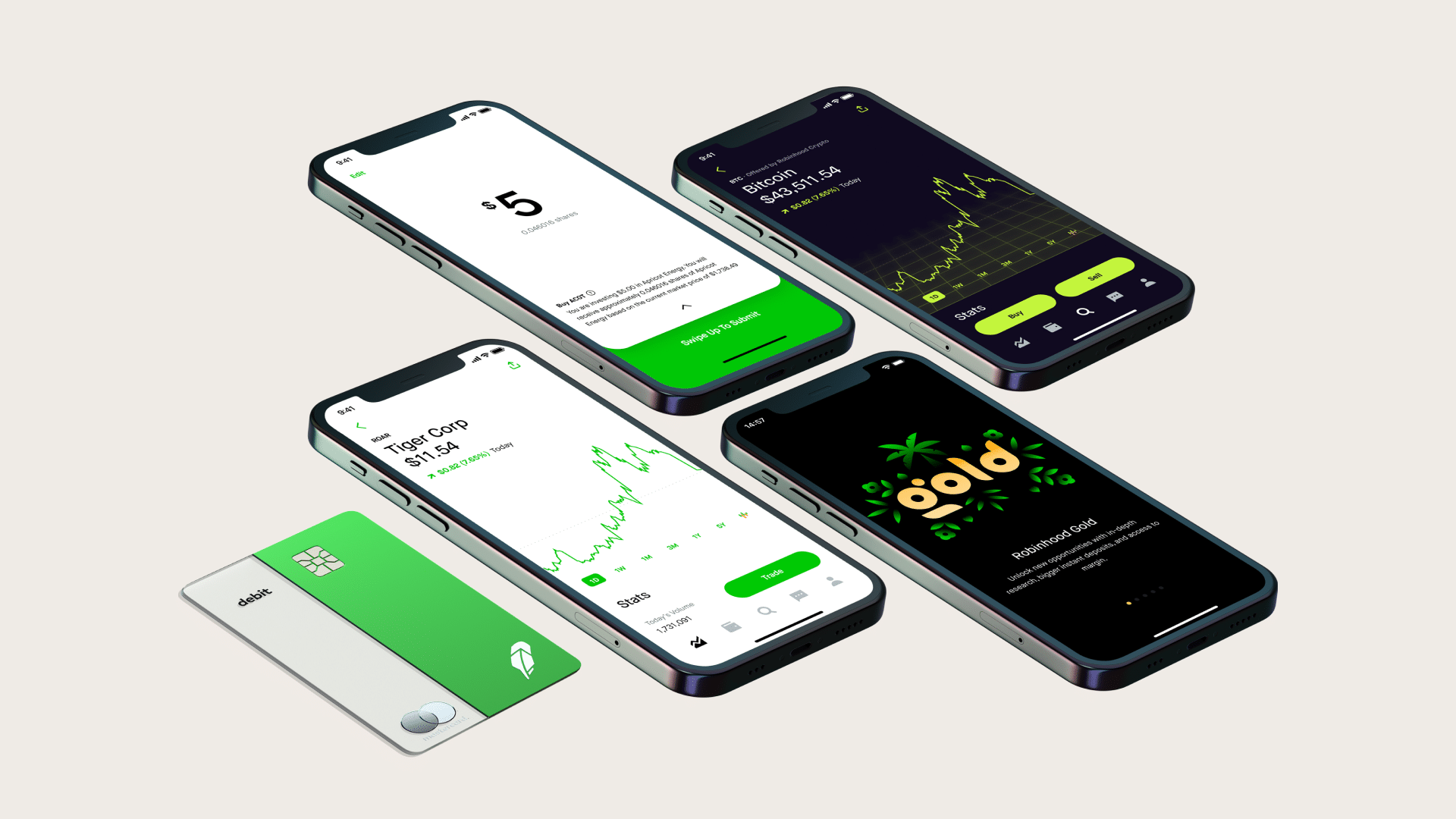
Sign up for smart news, insights, and analysis on the biggest financial stories of the day.
Robinhood’s trading platform has become notorious for facilitating some rather volatile rallies of unlikely stocks. Now its shares are on a roller coaster ride of their own.
The popular stock-trading app’s Nasdaq debut flopped last week, with shares sinking nearly 10% — one of the worst-ever performances for an IPO of its size. But investors woke up on a different side of the bed when options started trading on Wednesday, and Robinhood shares surged as high as 82%, at one point giving the firm a market cap of $71 billion. That means, at certain points yesterday, Robinhood was more valuable than vaunted American brands Kraft Heinz and Ford.
The New Meme Stock?
Some feel Robinhood set itself up for a volatile “meme stock” trajectory similar to those of GameStop and AMC (which were, notably, traded heavily on Robinhood’s platform during their respective swings).
Robinhood even sold a third of its stock to individual retail investors in an attempt to make good on its mission of “democratizing finance,” and was the most-mentioned stock on r/WallStreetBets on Wednesday, according to CNN:
- Many mentions were reportedly negative, however, which is nothing new for a public internet forum, but does add some uncertainty to the current rally.
- Whatever’s going on, it’s not a straightforward meme stock situation given that Robinhood also just secured a major investment from Ark Investment, which picked up 4.9 million shares.
Proceed with Caution: Regulation concerns were one reason investors initially watched Robinhood’s IPO from the sidelines, while others simply thought the stock-trading boom was over. In June, Robinhood paid a $70 million FINRA fine (the highest penalty the organization has ever issued) to resolve allegations that it misled customers, approved dangerous trades, and failed to maintain its tech during the GameStop and AMC rallies. A batch of class action suits over antitrust issues and negligence are still pending.
